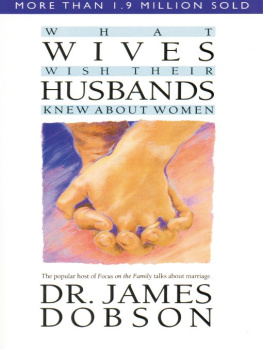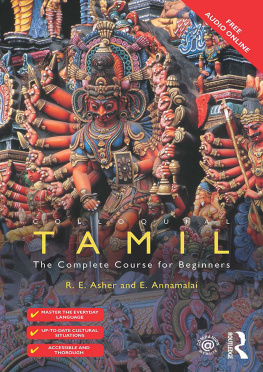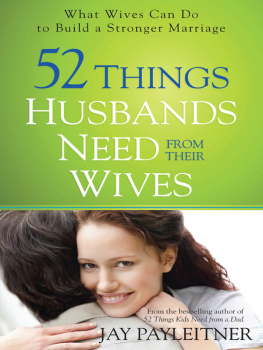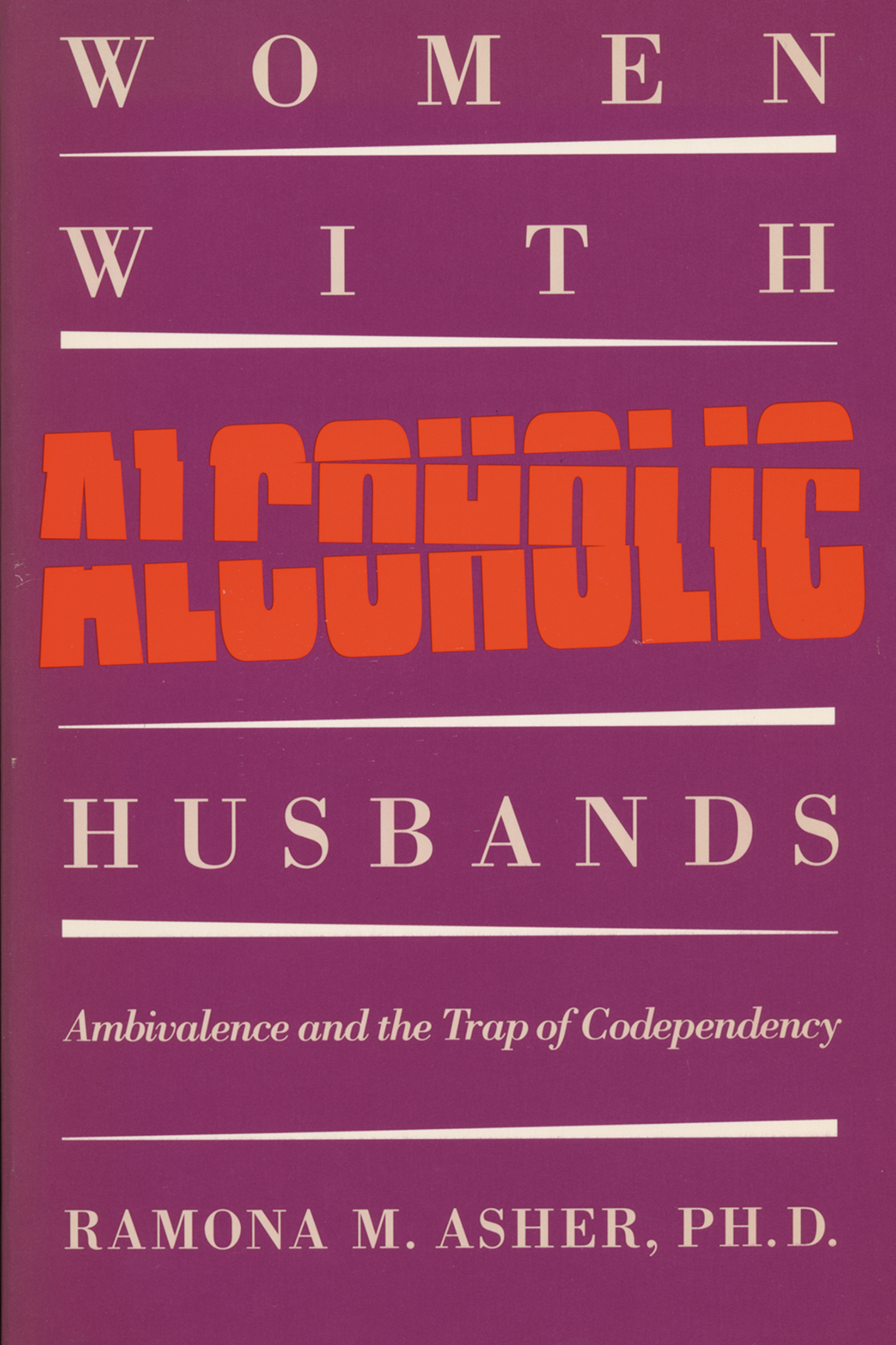Preface
The study from which this book evolved came out of curiosity about certain human experiences: How do persons deal and live with long-term serious problems? What is involved in the transformation of self-identity? And what are the dynamics in destructive/abusive relationships? For reasons largely of academic interest, familiarity, and opportunity, I decided that studying women married to alcoholics would be a fruitful avenue by which to explore these larger sociopsychological concerns. These interests then translated into related but area-specific questions: How do women who are married to alcoholics deal, on an everyday level, with their husbands drinking? By what processes does a woman come to define her husband as alcoholic and herself as the wife of an alcoholic? And what meaning do these identifications have for her? I knew what the body of literature on women married to alcoholics said, and I knew what the alcoholism treatment industry said, but I wanted to know what the wives themselves thought and felt.
At that time I did not imagine the details nor chaos of intimate, lived experiences that I would come to see. I did not know that I would come to understand the womens experiences in terms of a moral career. And, though a sociologist, I did not then fully apprehend the immense collective social implications of their otherwise highly personalized experiences.
Women with Alcoholic Husbands is about the lived experiences of wives from their own point of view and in their own words. I wrote this book for two reasons: first, to tell these womens stories, and second, to offer sociological insights into them. Women married to alcoholics have long been studied from an individualistic, psychological perspective; this book utilizes an interactional and cultural one. The womens experiences are cast in a social context.
The central theme of the book is not the experiences lived per se, but how a moral career is fashioned from them. Moral career simply means that the self is intricately involved and dramatically influenced. A moral career is comprised of strands of experiences that challenge, disrupt, and eventually change self-definitions. In this moral career the wife not only encounters challenges to definitions of her husband, she also encounters and creates new designations for herself as well: he is eventually designated an alcoholic and she a codependent wife of an alcoholic. This book traces a moral career and the social contingencies that shape it.
A significant contribution of this book is that it turns the table, so to speak. Rather than posing the usual question of the womans role in her husbands alcoholism, it asks, How does this alcoholic-complicated process impact on the wife? Perhaps most important, it allows persons in alcoholic-complicated marriages and families and those who counsel them to better understand the dynamics of their lived experiences. This book takes the reader through the moral career of the wives: the early problem phase, the problem amplification phase, the proximal treatment phase, and, finally, the post-treatment phase.
This book comes out at a time when the mass acceptance and culture of codependency appear at an all-time high. It seems that one can scarcely go a week without hearing or seeing something about codependency from one source or another. Yet in both the traditional academic sector and its applied practice sector, a critical minority voice has emerged. This voice calls for a closer look at the concept of codependency and for rethinking collective thought and action toward women married to alcoholics. My work is in this second vein, and the voice with which it speaks is intimately linked to the womens actual experiences. That these experiences comprise a moral career, replete with both personal and public dimensions, is a new step in the direction of rethinking codependency.
But now I am getting ahead of the story. Few of the women in this study saw themselves as codependents until after they entered some kind of rehabilitation program. When I first met and interviewed them, they had long been trying to understand their husbands, themselves, and their experiencesin their own termsin the face of horrifically challenging and contrary circumstances.
These are remarkable women with remarkable stories. Their fortitude in coming to grips with themselves and their lives, in ultimately getting off the well-worn paths that they neither envisioned nor desired when they were first married, casts them as warriors of a new kind. The old ideas of the mad warring wife who drives her husband to drink are replaced with those of women fighting for survival and quality of all they hold dear.
I salute the women who participated in this research and their thoughtful, introspective responses. Many of them said they were telling their stories in hopes that they might enlighten and help others in similar situations. Their stories go well beyond helping only other women in alcoholic-complicated relationships, I think; their experiences provide, for all of us, insight into personal interaction, social definition, and collective action.
Acknowledgments
The simple truth is that I could not have undertaken this research and writing without the help of others; I have received much help in the way of both material and emotional support. First, I am indebted to the women who agreed to be interviewed, not just once but three times, and to the rehabilitation agencies that helped me meet them. The women gave generously of their experiences, energy, and time, often going to great lengths to meet for second and third follow-up interviews. They openly shared their mental, emotional, and physical space with me, and I am both touched and appreciative; though I have not seen them since, they remain in my mind and my heart. Second, Dennis Brissett was instrumental as mentor and procurer of funds. He continues to give steadfast support in time and energy for scholarly and editorial critiques as well as friendship. He, more than anyone, has been with me, and for me, from the beginning of this endeavor. Others who have offered intellectual refinement along with moral support are Gary Alan Fine, Harold Finestone (now deceased), and Robert W. Gibson, as well as Luther Gerlach, Mark Snyder, and two anonymous reviewers. No doubt I have also been aided from ideas and refinements raised in numerous conversations with untold persons over the years.










